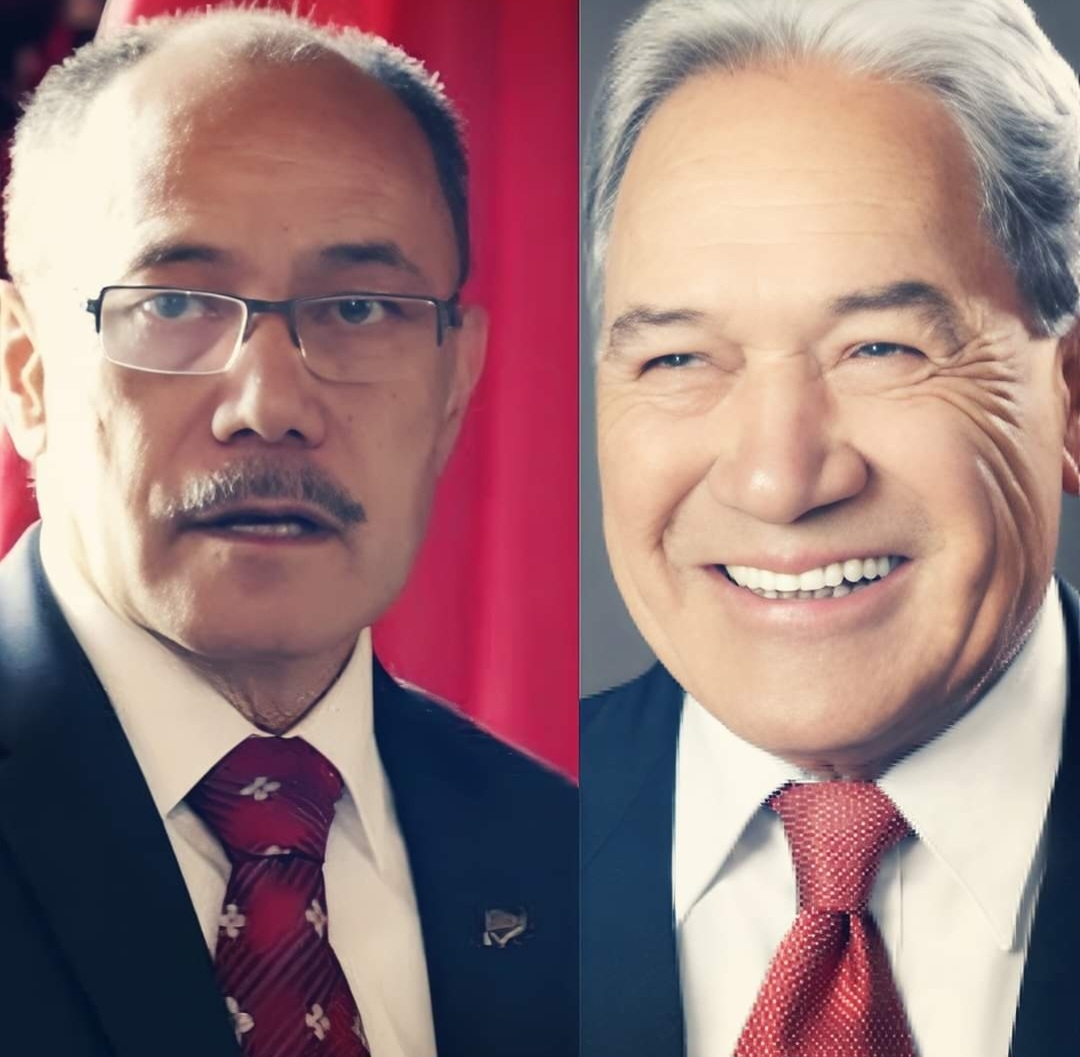Sunday 6th October 2024
By Governor Allan Bird
First of all, let me acknowledge that NCD, Gulf and Central Provinces need level 5 hospitals and they should get them. This will take pressure off PomGen which is full of patients mostly from Central and Gulf provinces.
I am extremely alarmed to learn that a consultant has a K64m design and documentation contract for the proposed NCD hospital at Gerehu.
I am even more shocked that this new hospital will cost K800m to build.
If Vamed, an internationally recognized medical service provider can build a world class level 5 facility in Wewak for K210m, why does the one in Gerehu have to cost K800m?
I would think for K800m, NCD, Central and Gulf can all have a brand new Level 5 hospital each. Someone needs to come clean on these deals.
As a former hospital Chair who presided over the design and build of Sir Michael Somare Specialist Hospital Boram, I can say that K800m is exhorbitantly high. Someone is definitely making a killing on the side.
Vamed built Boram Level 5 for K210m with everything shipped from Europe. This includes all equipment from the CT Scan to the screws in the building. This also includes two standby generators and a stand by 50,000 liter water tank because we can't rely on the utility companies.
Vamed will also provide 4 years of training for the technicians to maintain the new equipment.
Since then, I have been involved in oversight of the building of Ambunti level 4 District Hospital for K28m and Wirui level 3 Polyclinic for K4.6m.
To operate all these facilities, we need about 40 doctors and many other technicians and support staff. So from the village aid post up to the level 5 hospital we need 1,641 medical workers (730 positions are currently filled).
I am sharing this information because I believe the new Gerehu Hospital will need around 400 staff including 40 doctors. Have we got enough Drs? Or do we build the facilities first and worry about the staff later? Boram hospital is still struggling to recruit staff because Treasury can only fund a certain number of positions each year.
Staffing, water and reliable power supplies are critical for hospitals to operate. Has anyone thought of fixing our power issues yet?
Finally, why can't we spend K5m each and upgrade all the clinics in Port Moresby and Central Province to help deal with the workload? We should also ensure we have enough staff at those facilities to care for our people so they don't all end up being referred to PomGen in the first place.
Our people need quality health services available close to them. We need to rethink how we are providing this service and ensure that we are following the National Health Plan.
Building a hospital at an enormously inflated price only means an unnecessary burden on the taxpayers. Someone should investigate this situation and tell the country why the same type of Hospital can cost K210m in a remote part of the country and K800m in the capital.
And while they are at it, can the PNG Institute of Engineers tell us if K64m is a reasonable design, documentation and supervision cost?
We can't keep doing this to our tax payers. Someone needs to properly justify how we are using tax payer money.








